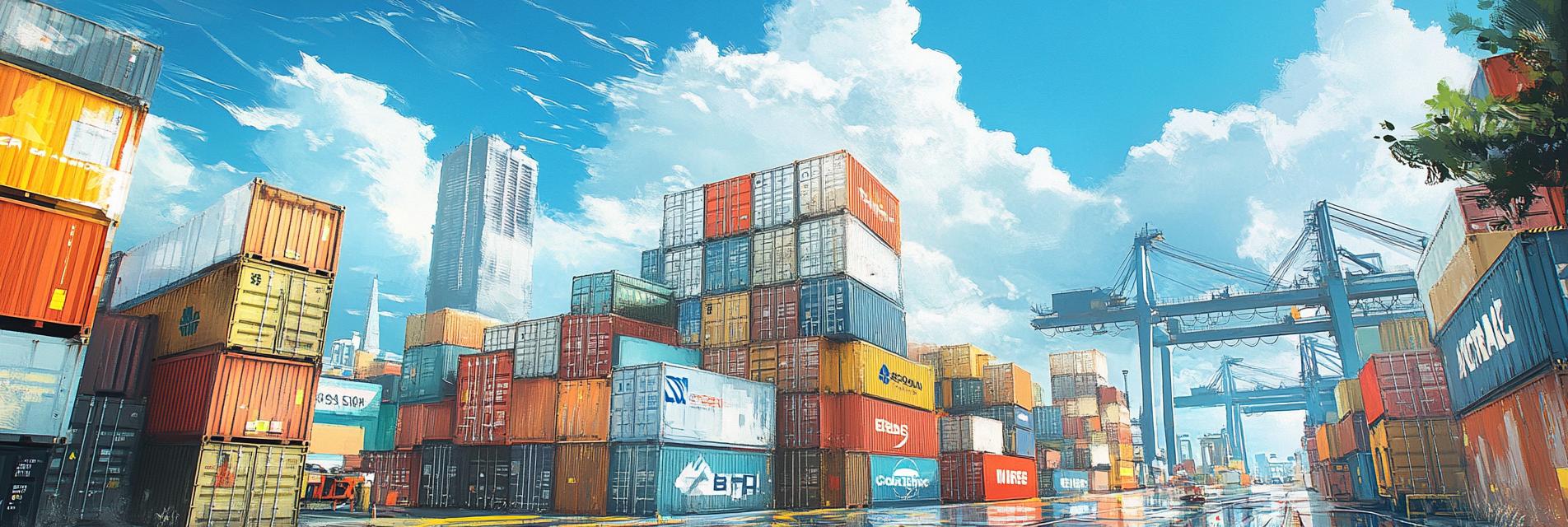 400-076-6558智领未来,外贸超级营销员
400-076-6558智领未来,外贸超级营销员
 400-076-6558智领未来,外贸超级营销员
400-076-6558智领未来,外贸超级营销员

For novice foreign traders, confirming order information is the first crucial step before shipment. This step ensures that both parties are on the same page regarding the product details, quantity, price, delivery date, and payment terms. According to industry statistics, about 30% of trade disputes arise from unclear order information. Therefore, it is essential to double - check all the terms and conditions in the order contract. For example, if you are exporting electronic products, confirm the model number, specifications, and any special requirements of the products with the buyer.
Selecting a reliable logistics company is vital for the smooth delivery of goods. There are various factors to consider, such as the company's reputation, service quality, shipping routes, and cost. Research shows that approximately 70% of successful international shipments are handled by well - established logistics companies. When choosing a logistics provider, ask for quotes from multiple companies and compare their services. For instance, if you are shipping large - volume goods, a company with experience in handling bulk cargo may be more suitable.
Proper packaging can protect goods from damage during transportation. Different products require different types of packaging. For fragile items like glassware, use shock - absorbing materials such as bubble wrap and foam. Statistics indicate that about 20% of goods are damaged during transit due to improper packaging. Make sure the packaging is also labeled correctly with information such as the product name, quantity, and handling instructions.
Customs declaration is a complex process that requires accurate and complete documentation. The main documents include the commercial invoice, packing list, bill of lading, and certificate of origin. Any errors or omissions in these documents can lead to delays or even penalties. According to customs data, around 15% of shipments face customs clearance issues due to incorrect documentation. It is necessary to understand the customs regulations of both the exporting and importing countries and fill out the forms carefully.

Each country has its own set of customs policies and regulations. Some products may be subject to restrictions or bans, such as certain types of food, chemicals, and weapons. As a foreign trader, you need to stay updated on these regulations to avoid any legal issues. For example, some countries have strict regulations on the import of agricultural products to prevent the spread of pests and diseases.
Settlement of exchange is the final step in the foreign trade process. To receive payment, you need to prepare the necessary documents, such as the bill of exchange, commercial invoice, and shipping documents. These documents should be prepared in strict accordance with the terms of the letter of credit or other payment methods. About 80% of successful foreign exchange settlements are based on accurate and timely document preparation.
Once the documents are prepared, you should submit them to the bank in a timely manner. Delays in document submission can lead to late payment or even non - payment. Banks usually have specific time limits for document review and payment processing. For example, in a letter - of - credit transaction, the bank may require you to submit the documents within 21 days after the bill of lading date.
If you are still confused about the subsequent processes of foreign trade orders, our professional team is here to help. Contact us now to get personalized guidance and support to ensure the smooth progress of your foreign trade business!
.png?x-oss-process=image/resize,h_100,m_lfit/format,webp)
.png?x-oss-process=image/resize,h_100,m_lfit/format,webp)

.png?x-oss-process=image/resize,h_100,m_lfit/format,webp)
.png?x-oss-process=image/resize,h_100,m_lfit/format,webp)
.png?x-oss-process=image/resize,h_100,m_lfit/format,webp)
.png?x-oss-process=image/resize,h_100,m_lfit/format,webp)
